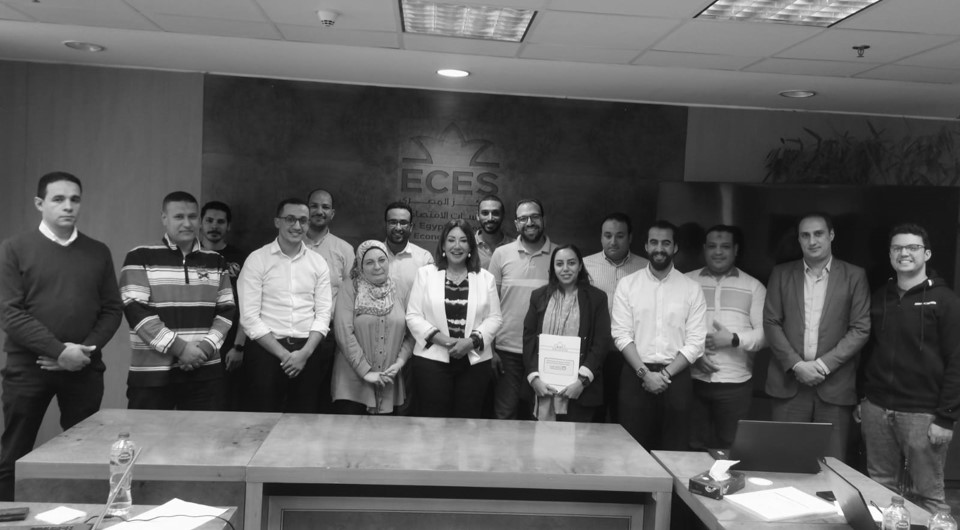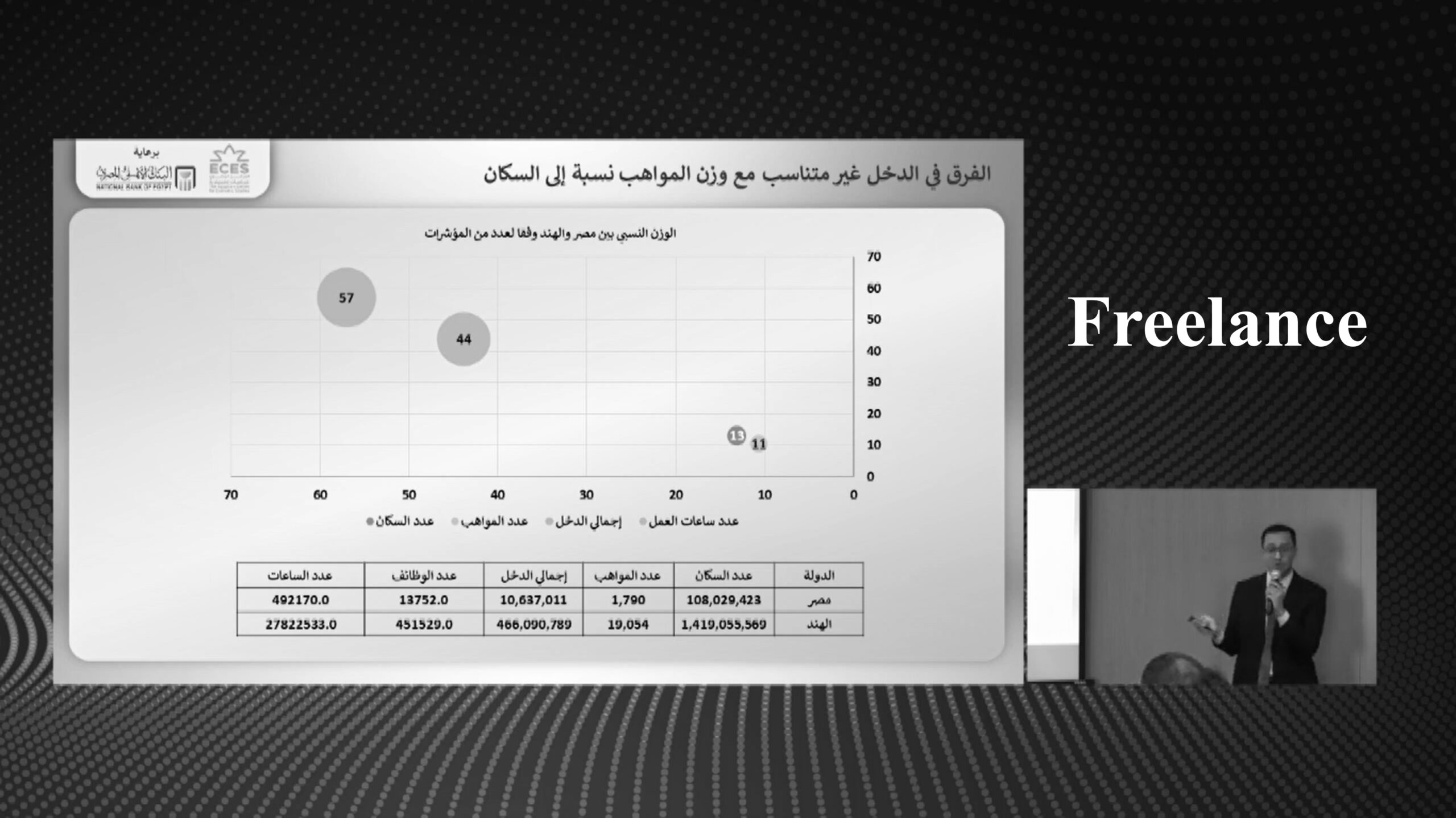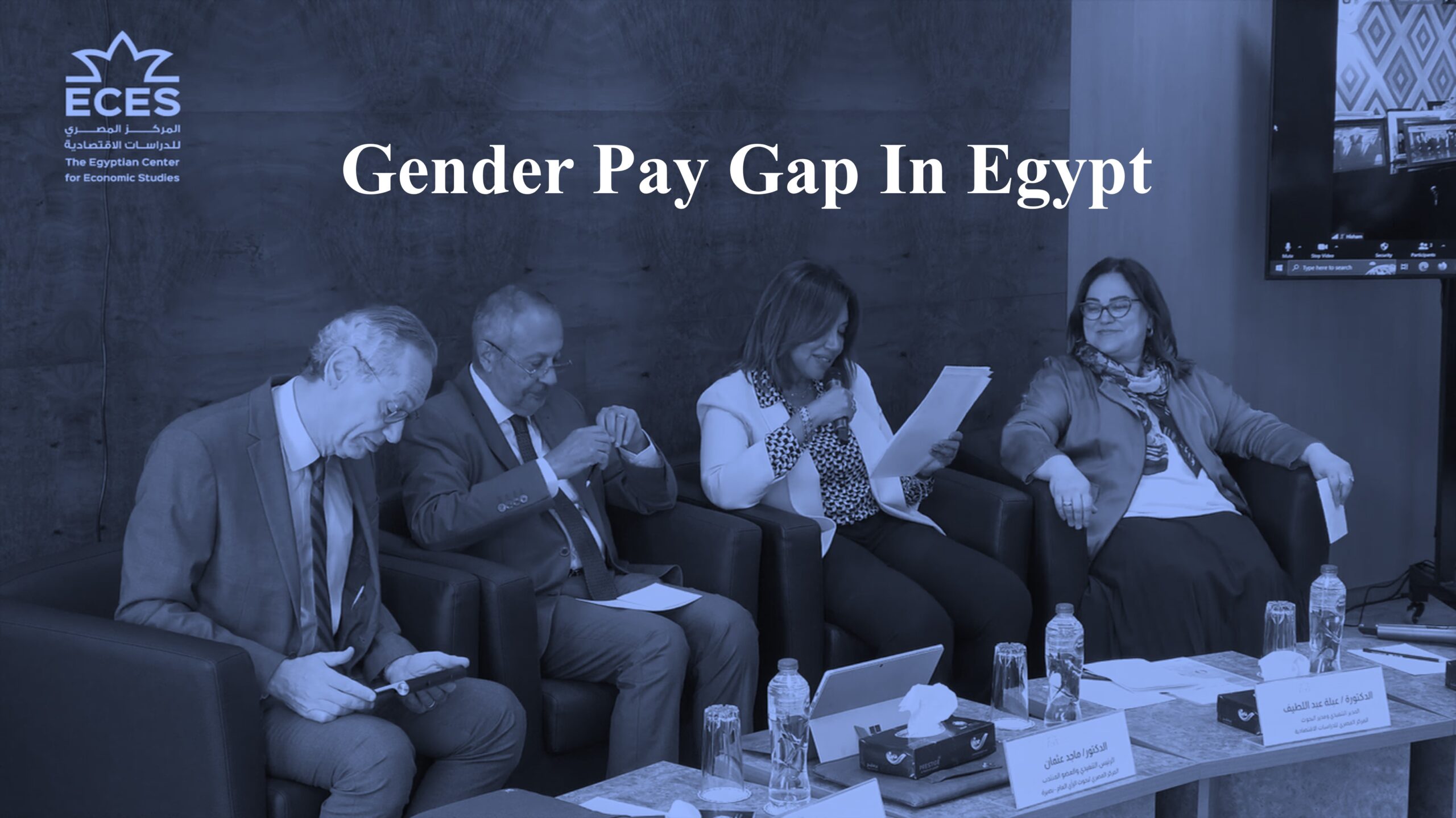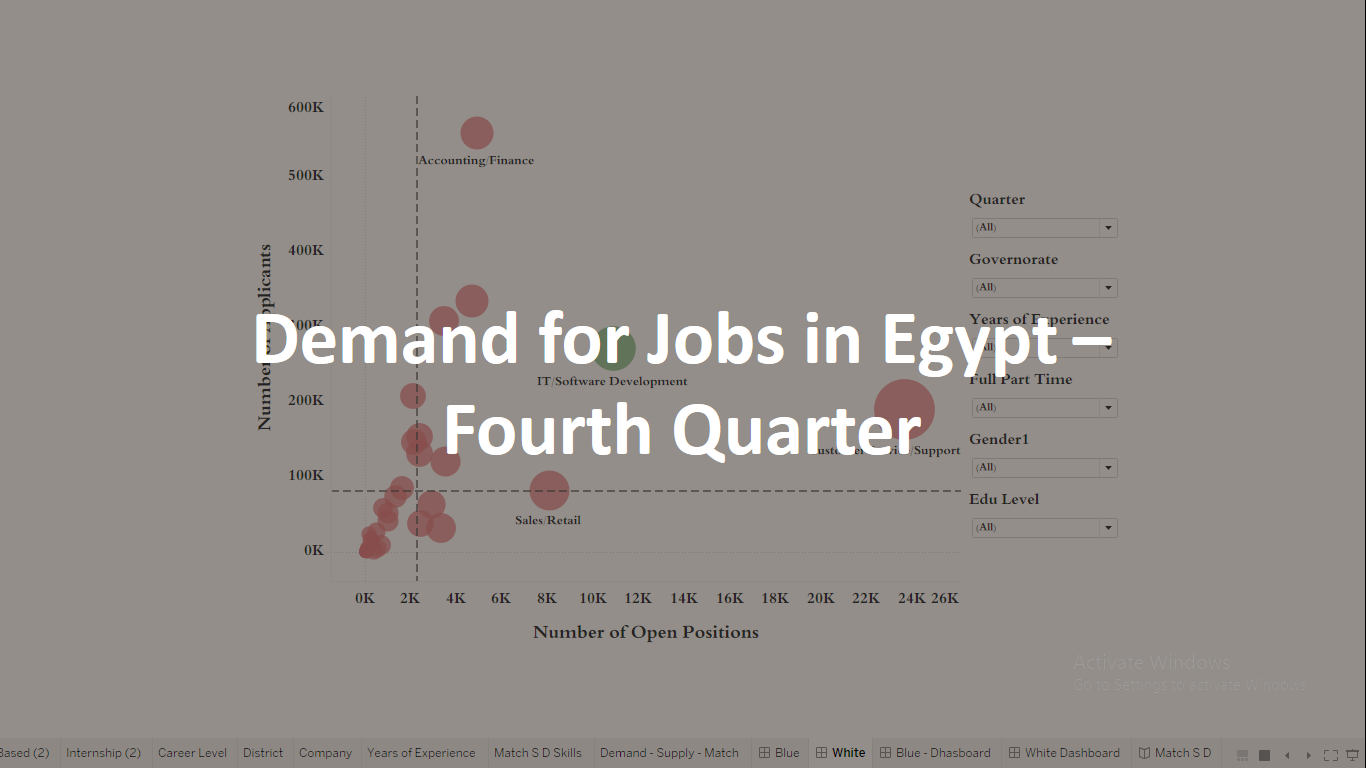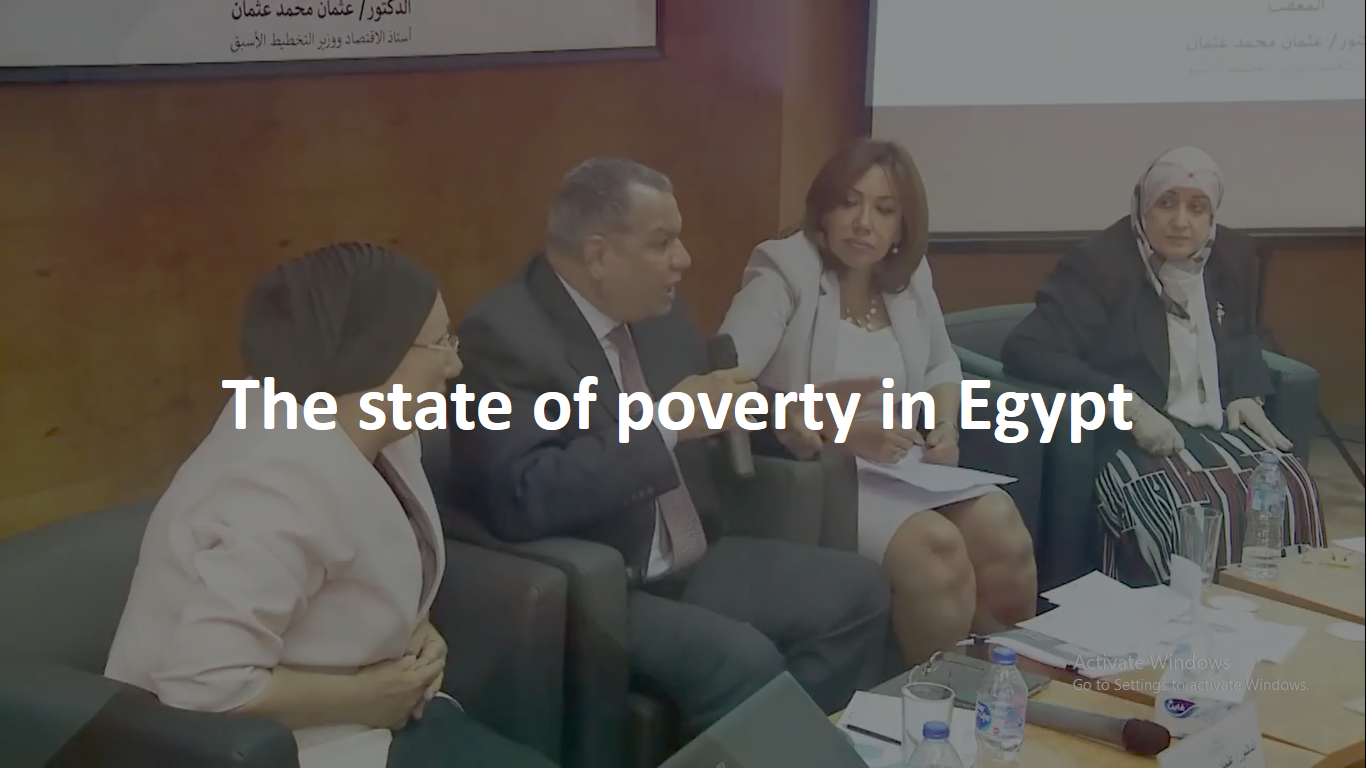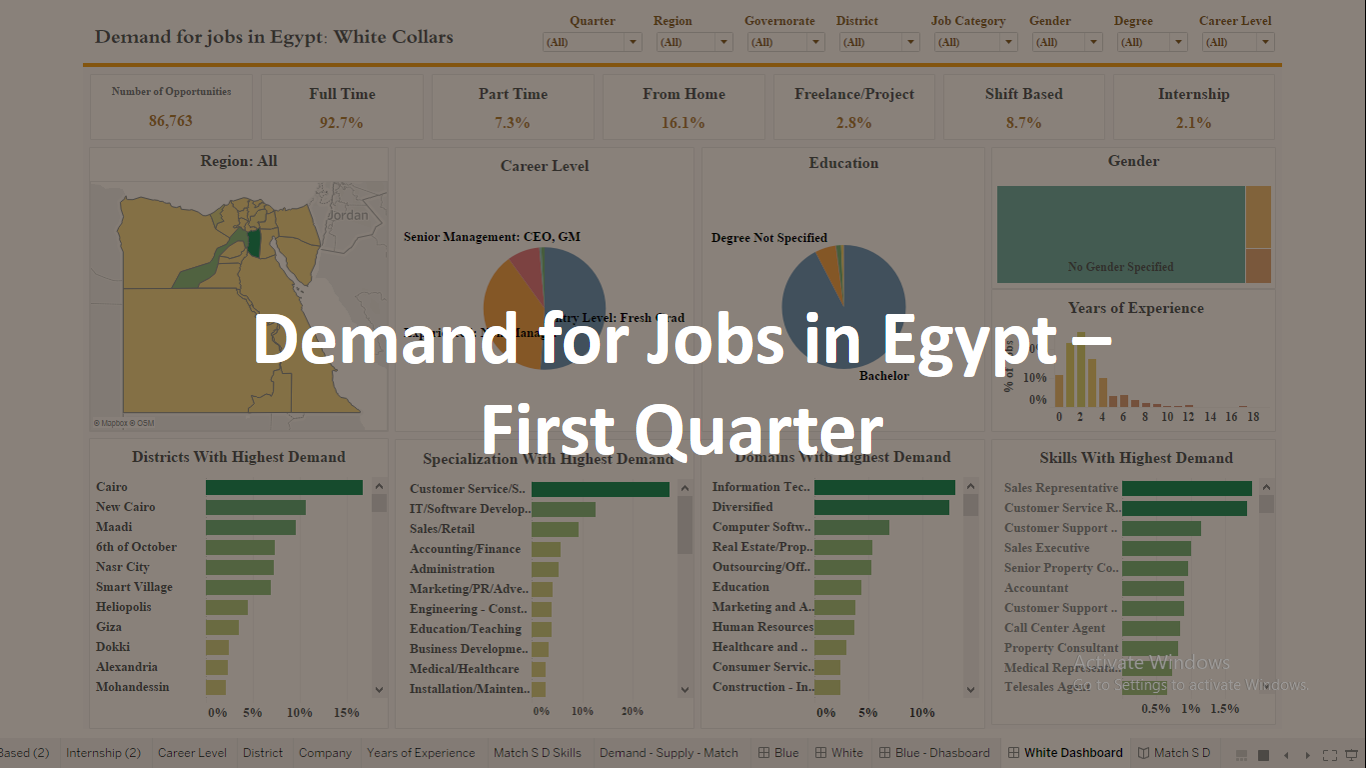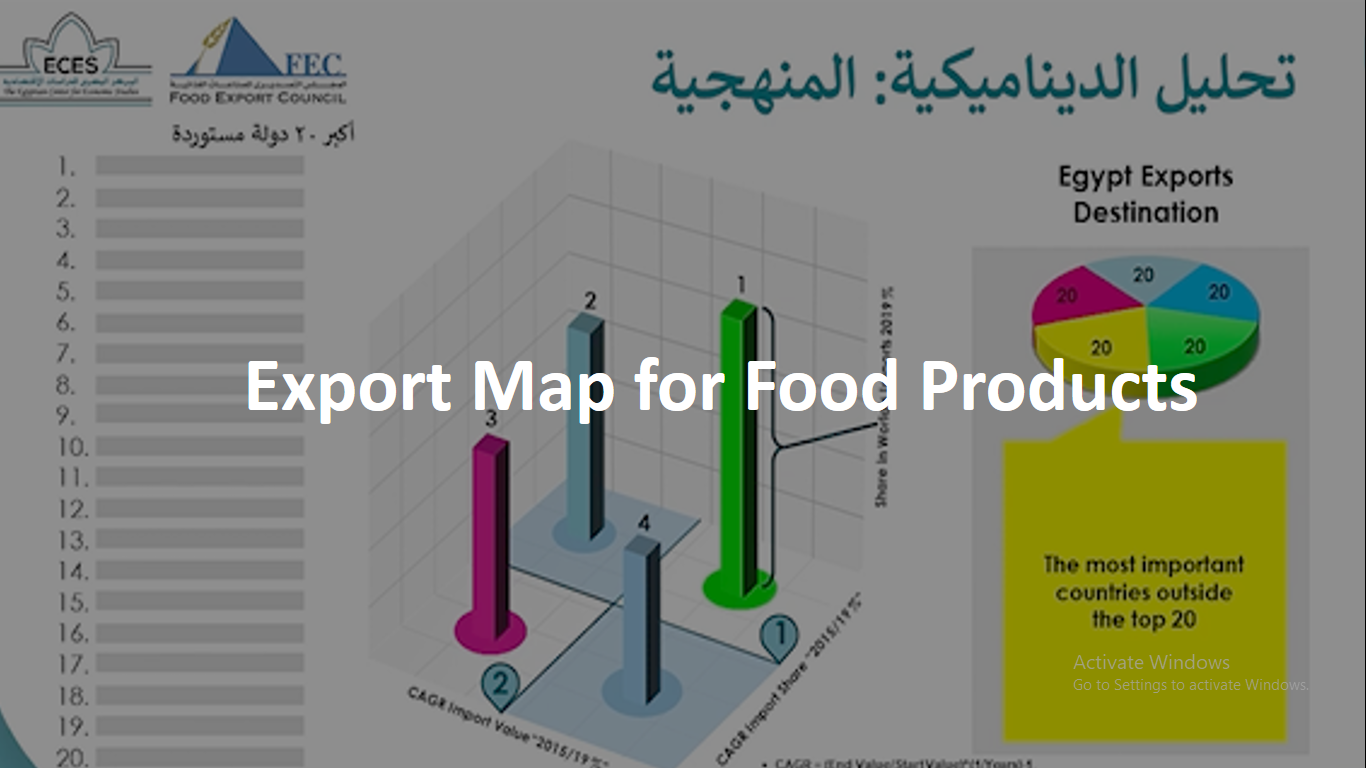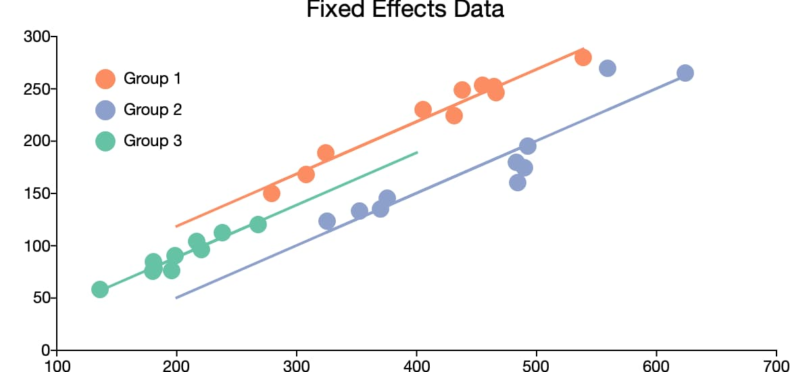What I Do
Testimonials
I have worked with Ahmed for a year and a half at ECES. He is such a committed, hard-working, dedicated high caliber with extraordinary mathematical and analytical skills and a superb ability to process and analyze data.

I worked with Ahmed for almost one year and a half. I found him a conscientious and hard working professional. He is also a very cooperative team member, incredibly generous with his time and expertise.

Ahmed is the person you depend on to get the job done on time. He dedicates the required effort to make sure that team members are on the same page and the outcomes are being delivered on time.

I was lucky to work with Ahmed on 3 months data science project. His techniques, tips and tricks revolutionized our analytical skills, I hope we contribute together in more projects as there is a lot to learn from him

In the short time I’ve worked with Ahmed, I’ve learned a great deal and gained valuable insights from his expertise. I highly recommend working with him in any future endeavors he pursues. His skills, dedication, and collaborative nature make him a valuable asset to any team.

Working under Dawoud has been a privilege. His passion for excellence and ability to empower others stands out. He consistently motivates his team to reach their full potential, providing guidance that combines deep understanding with genuine support.







